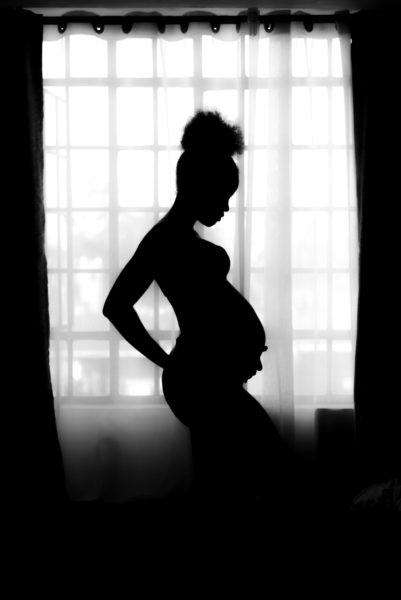
Starting a family for newlyweds is undoubtedly an exciting time. Women with scoliosis, however, may find this a bit worrying also. Carrying a child for 9 months in the womb is a big task and one that involves the body’s strength. Many wonder if pregnancy can succeed despite the fact that a woman has one. The answer to that is a big YES!
Women who have scoliosis and are planning to have children should not be anxious about getting pregnant. Rather, they should be properly informed of what to expect during pregnancy and how to properly take care of their health all throughout this period.
Scoliosis treatment is an expertise of the team of medical services provider, PhysioActive. In this article, they share with pregnant moms or soon-to-be pregnant mothers about how to live with scoliosis while caring for themselves and their unborn child.
What is Scoliosis?
Scoliosis is defined as a lateral curvature of the spine, which also typically involves the vertabras’ rotation. In simple terms, the normal straight spine appears to curve from side to side as a result of abnormalities or defects in the bone. The spine appears to look like the letter S.
Scoliosis is prevalent among children and those in their teen years and is observed mostly in girls. When left untreated, scoliosis can worsen over time and could affect the heart and lung’s ability to function properly. It is imperative that this condition is treated at its earliest stage.
How is scoliosis detected in patients?
There are several ways to detect the occurrence of scoliosis in patients. These symptoms are often very obvious just by looking at someone’s posture. A patient with scoliosis should exhibit the following signs:
- Head that is not centred to the body
- Hips that are imbalanced
- One shoulder blade that appears to be higher than the other
- One breast that appears to be higher than the other in adult females
- Shoulders that are imbalanced
- Waist that slant to one side and looks imbalanced
- Unusual curving of the spine, which usually takes the form of an S or C shape
How can a person develop scoliosis?
The answer to what exactly causes scoliosis to develop in a person is still unidentified. As it is commonly observed to happen in people of the same bloodline, it is said that the condition is familial, although proof that it can be passed on through genes has not yet been established.
Contrary to popular belief, scoliosis is not developed by certain activities that require carrying of heavy loads, sports that entail arduous effort, and poor diet or posture.
How can scoliosis affect pregnancy?
Pregnant women or women who want to get pregnant can lay aside their fears. Years of studies done by scientists have found that the presence of scoliosis does not have any major effect on them or the child their carrying.
Being pregnant will not cause the curving of your spine to worsen if the curve has already stopped progressing. However, during pregnancy, it is said that the body releases a hormone that causes the pelvic ligaments to relax, that can put on additional stress to a patient’s scoliosis. Hence, it is important that pregnant women should take extra care of their backs.
For women who are diagnosed with severe scoliosis, however, their pregnancy can be riskier than others. They can experience some challenges later on in the pregnancy and there may be a need for both the baby and the mother’s scoliosis’ condition to be subjected to close monitoring. Pregnant women with severe scoliosis can expect the following scenarios, especially if their scoliosis affects their shoulders, hips or pelvis:
- Back pain, especially in the lower back
- Breathing problems
- Difficulty in carrying added weight
- Severe discomfort
If any of the challenges mentioned above become unbearable during pregnancy, a physiotherapist can be of great help.
What are ways to prepare the body for pregnancy if one has scoliosis?
If you are considering getting pregnant and are diagnosed with scoliosis, the most important thing to do is to stop scoliosis progression. Physiotherapists are highly qualified in administering different treatments to achieve this.
It is also highly recommended that women with severe scoliosis refer their case to their doctor before getting pregnant.
What are ways to help support your body during pregnancy?
The body’s physical condition greatly affects the ease of a woman’s pregnancy. Women with scoliosis can do the following with the help of a physiotherapist to support their body in the course of their pregnancy:
- Gentle stretches to help lessen back pain
- Strengthening exercises
At home, the following can be done to reduce the weight placed on the spine and alleviate any discomfort:
- Gentle back massages
- Lessen physical movement, especially walking or being on your feet when not needed
- Warm baths
Takeaway
Scoliosis should never be a hindrance for a new life to start. There are plenty of women who were able to bear healthy babies successfully despite having this condition. Gaining proper knowledge and getting proper support from your family as well as medical providers will play a great role in this, therefore it is wise to be prepared first prior to pregnancy.